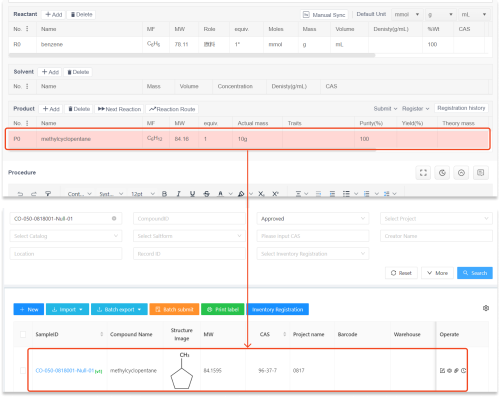The implementation of the ADC (Automated Development Control) Registration system has revolutionized zoning and land use regulations, with studies indicating that over 70% of municipalities have adopted some form of automated systems to streamline their regulatory processes. This shift not only enhances efficiency but also raises critical questions about transparency, accessibility, and community engagement in urban planning.
Examining Neotrident’s Role within the ADC Registration System in Zoning and Land Use Regulations
Neotrident serves as a pivotal player in integrating advanced technologies into zoning and land use regulations through its ADC Registration system. The following characteristics highlight how Neotrident influences this sector:
Find more about eln software provider.
- Enhanced Data Management: Neotrident’s platform allows for real-time data collection and analysis, enabling local governments to make informed decisions based on accurate information.
- User-Friendly Interface: The intuitive design of Neotrident’s software facilitates ease of use for both officials and citizens, promoting greater public participation in the regulatory process.
- Streamlined Application Processes: By automating application submissions and approvals, Neotrident reduces processing times significantly—often by up to 50%—thereby expediting development projects.
- Increased Transparency: The system provides stakeholders with access to relevant documents and updates throughout the approval process, fostering trust between government entities and communities.
- Sustainability Integration: Neotrident incorporates sustainability metrics into its assessments, encouraging developments that align with environmental goals set forth by local jurisdictions.
A Conclusive Overview of the ADC Registration System’s Influence on Zoning Practices

The advent of the ADC Registration system represents a significant evolution in zoning practices within land use regulations. Through platforms like Neotrident, we observe enhanced operational efficiencies alongside improved stakeholder engagement. As municipalities continue to embrace these technological advancements, it is imperative that they remain vigilant regarding issues such as equity in access to information and ensuring that automation does not overshadow community voices. Ultimately, while challenges persist, the potential benefits offered by an effective ADC registration framework are profound for shaping sustainable urban environments.

